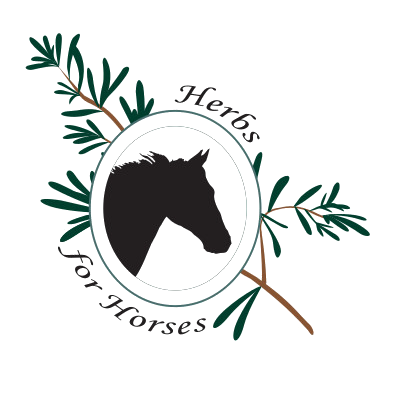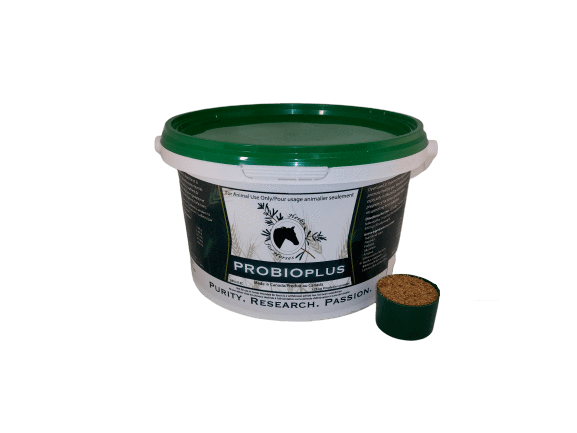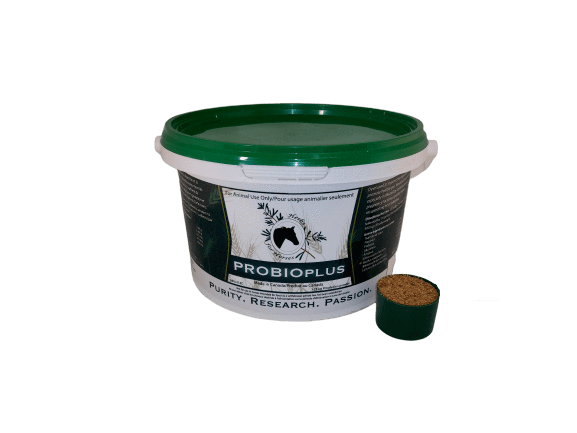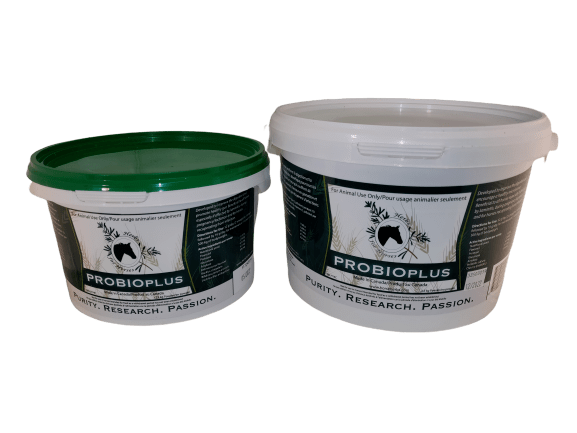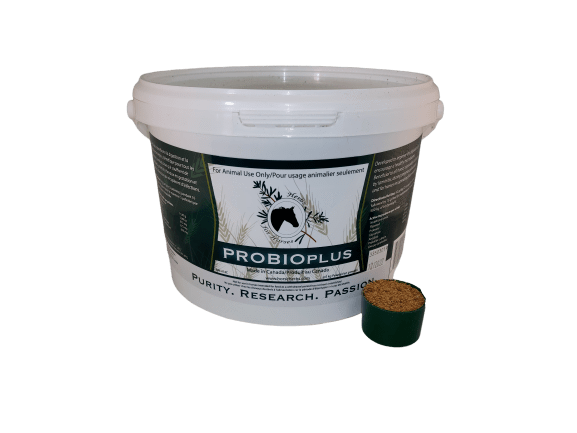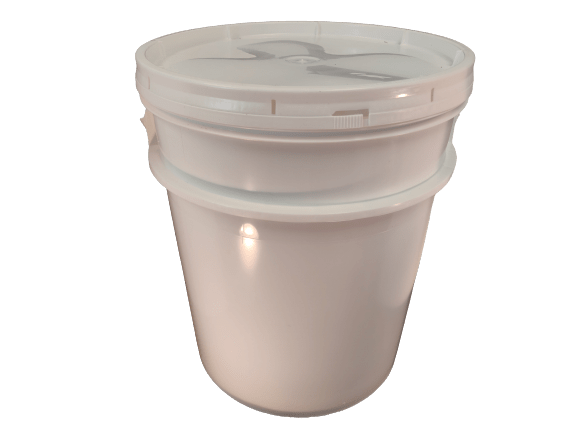ProbioPLUS (Study 1 – in vitro)
Purpose
To determine the effects of ProbioPLUS on microbiome metabolism in vitro
Background
The horse’s cecum houses a highly complex ecosystem of bacteria, yeast, fungi, and protozoa which play critical roles in breakdown and fermentation of parts of the horse’s diet that horses cannot digest on their own, including the complex fibers in hay. When the microbiome ferments these indigestible feed ingredients, they produce acetate, propionate, and butyrate, which are volatile fatty acids (VFAs) that the horse can absorb and use for energy. An optimally-functioning microbiome can produce large amounts of these VFAs, allowing horses to get more nutrition and energy from their diets, thereby contributing to healthy body condition, improved performance, and better gastrointestinal health. But when the microbiome is disturbed, such as during high-intensity exercise, antibiotic use, or environmental stress, this can cause horses to become ‘unthrifty’, resulting in weight loss, poor performance and potentially dangerous gastrointestinal problems.
Purpose
To compare the capacity of the cecal microbiota for VFA production in the presence or absence of ProbioPLUS in vitro
Methods
Study 1: Equine cecal fluid was obtained post-mortem from horses euthanized for reasons not related to this study. Samples were transferred to an anaerobe chamber and cultured for 48 h in the presence or absence of ProbioPLUS. Samples from each culture were obtained every 24 h and analyzed for metabolites important to equine nutrition (acetate, propionate and butyrate).
Results
The ProbioPLUS samples produced significantly more of all the VFAs, and in some cases almost twice as much as untreated controls (Fig 1).
Conclusions
ProbioPLUS stimulates production of VFAs from the equine cecal microbiome.

Fig 1: VFA production by microbes obtained from equine cecal fluid in the presence (orange line) or absence (blue line) of ProbioPLUS. Lower case letters denote statistically significant difference between groups (p<0.05).
